In the crucible of an emergency room, where lives hang in the balance and every second counts, the presence of a calm, determined, and compassionate physician can be the difference between hope and despair. On Max's gripping medical drama "The Pitt," Dr. Michael "Robby" Robinavitch embodies these qualities with such authenticity that he has become more than just a character—he has become a symbol of the very essence of what it means to be a doctor. Played by the talented Noah Wyle, Robby is the kind of doctor you want standing over you in an emergency situation, a reassuring figure with soulful eyes and a good-looking beard who exudes quiet, calm sincerity.
Dr. Janet Semple-Hess, an emergency department doctor at Children's Hospital Los Angeles, captured the essence of Robby's appeal when she described him as a character who "exudes this quiet, calm sincerity." She continued, "Not only is he knowledgeable, but he cares and he wears that care on his face. You can see the care and what’s going on in his mind. We all have those days where we have those faces, too." Semple-Hess, who is set to retire after 33 years of service at the end of April, found a deep connection with Robby's character, especially after meeting Noah Wyle in person during the cast's visit to CHLA as part of their Make March Matter campaign. This campaign, which raises money for the hospital, brought the fictional world of "The Pitt" into the very real and often harrowing environment of an emergency room, creating a poignant moment of connection between art and life.
For Semple-Hess, the emotional weight of her impending retirement was compounded by the visit from the cast of "The Pitt." In a viral social media video, she can be seen in tears as she meets Wyle, a moment that encapsulates the profound impact of representation and the power of storytelling. "I would watch ('ER') when I was a young attending and full of a lot of energy and hope for the world and the desire to do good," she said. "And now, after 33 years, this is kind of the end for me. It’s not the end for Noah Wyle by any means!" Her journey as a physician has mirrored the growth of Wyle's characters, from Dr. John Carter in "ER," whom she watched evolve from an intern into an expert physician, to Robby in "The Pitt." Watching Wyle's portrayal of Robby has felt like a bookend to her career, a fitting conclusion to a life dedicated to saving lives.
The visit from the cast of "The Pitt" was more than just a celebrity appearance; it was a moment of validation for the hardworking medical professionals at CHLA. Semple-Hess described the experience as uplifting, explaining that "all those things kind of just bring a feeling of we’re being seen." In the high-stress environment of an emergency room, where every decision can have life-or-death consequences, the acknowledgment of their efforts and sacrifices means everything. The cast of "The Pitt," through their portrayal of dedicated medical professionals, offers a powerful reminder of the humanity and compassion that drive those who work in emergency medicine.
On "The Pitt," the portrayal of emergency room medicine is unflinching and raw, capturing the realities of life-and-death situations without shying away from the emotional toll they take. Robby, in particular, sets a tone that values honor above all else—honoring a patient's struggle, honoring the people left behind when tragedies strike, and honoring the emotional impact of losing a patient before the job requires you to quickly move on and help more. In one powerful scene, Robby is seen reciting the Shema prayer during a panic attack that leaves him pale and crumpled on the floor after a mass casualty event. This moment highlights his deep faith and the personal struggles he faces in the face of overwhelming tragedy.
Earlier in the season, Robby organized an honor walk for a patient whose parents agreed to donate his organs when the young man showed no signs of brain activity. This act of reverence and respect underscores the show's commitment to depicting the humanity at the heart of emergency medicine. Executive producer John Wells spoke to the resonance of Robby's character, saying, "I do think we’re looking for a certain kind of humanity in people. Everything since Covid, everyone’s very stressed and angry. There’s lots going on. It’s a very stressful time. And (Wyle) has this remarkable presence as an actor and as the character that I think you just want to walk into a hospital and hope that he’s the doctor who walks through the door." This sentiment is a testament to the way the character is written and to Noah Wyle's exceptional performance.
Dr. Bradley Goldberg, another emergency room physician at CHLA, echoed Semple-Hess's admiration for Robby's portrayal. He noted that Robby's ability to juggle the chaos of the ER with authenticity resonates deeply with real-life medical professionals. "In the emergency department, we’re experts at triage, so that’s constantly what we’re doing. We’re triaging problems, triaging patients. And you can see Dr. Robby doing that on the show. He’s being pulled in so many different directions all at once, and there’s never an eye roll or like a sarcastic sigh," Goldberg said. "You can see it in his eyes, when someone needs his attention and he feels bad that maybe he can’t be there in that moment, whether it’s just a glance across the room or an acknowledgement. And I think we feel that in our work, too."
"The Pitt" has also garnered praise for its attention to real-life issues, such as hospital staffing shortages, anti-vaccine sentiment, and everyday dangers with severe consequences. Semple-Hess noted that the show often includes public service messages, such as preventing drownings or promoting public safety, which are powerful and impactful for viewers. Goldberg called the show an invaluable educational tool, especially because of its accuracy. Unlike many medical dramas that sacrifice realism for dramatic effect, "The Pitt" gets the details right. Procedures are correctly depicted, protocols are properly followed, and even the doses prescribed are appropriate for the situations. More importantly, the show highlights the struggles faced by a "safety net hospital," where patients from all walks of life—children, adults, the unhoused, and the affluent—come through the doors. This depiction is a far cry from the glitzy, unrealistic portrayals often seen on television. "It’s real life, and the challenges that we face every day," Goldberg said.
In a time when the world feels increasingly divided and stressed, the representation of compassionate, dedicated medical professionals on shows like "The Pitt" offers a much-needed reminder of the humanity at the heart of emergency medicine. For doctors like Semple-Hess and Goldberg, who have dedicated their lives to saving others, seeing their experiences reflected on screen is both validating and inspiring. It serves as a reminder that their work is seen and appreciated, even in the midst of overwhelming challenges.
As "The Pitt" continues to captivate audiences with its realistic portrayal of emergency room medicine, it also serves a deeper purpose. It reminds us of the importance of empathy, compassion, and humanity in the face of crisis. In a world that often feels chaotic and uncertain, the presence of a character like Dr. Michael "Robby" Robinavitch offers a beacon of hope and a reminder that there are still people out there who care deeply about the well-being of others. Whether in the fictional world of television or the very real world of emergency medicine, the impact of such representation cannot be overstated. It is a testament to the power of storytelling to connect us, to validate our experiences, and to remind us that we are not alone in our struggles.
"The Pitt" is more than just a medical drama; it is a celebration of the resilience, dedication, and compassion of those who work on the frontlines of emergency medicine. Through characters like Robby, it offers a glimpse into the hearts and minds of real-life heroes, reminding us that even in the darkest moments, there is always a light shining through.

By Benjamin Evans/Apr 16, 2025
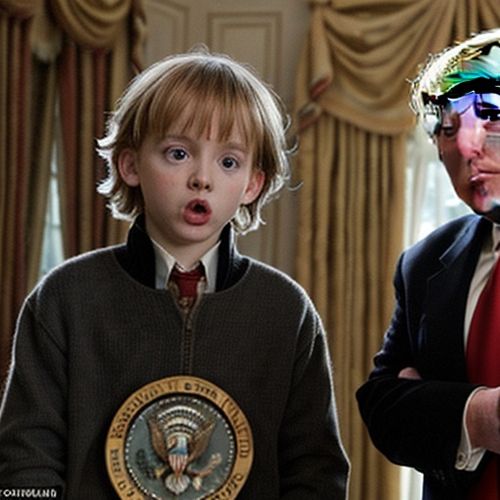
By Megan Clark/Apr 16, 2025
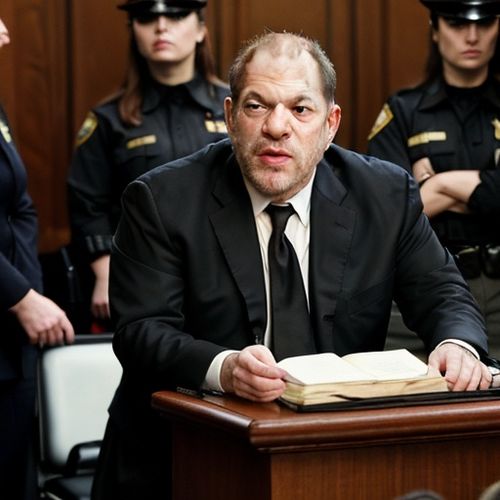
By Grace Cox/Apr 16, 2025

By David Anderson/Apr 16, 2025

By Amanda Phillips/Apr 16, 2025
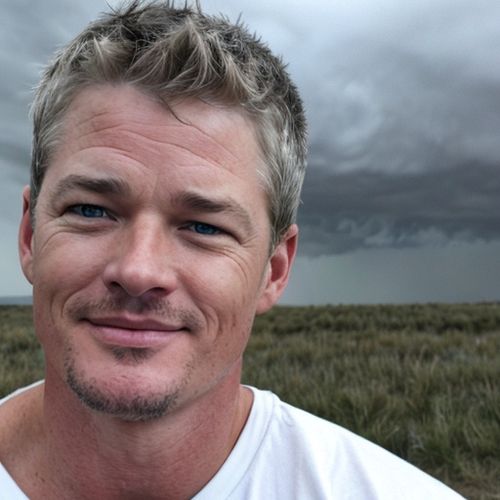
By Christopher Harris/Apr 16, 2025
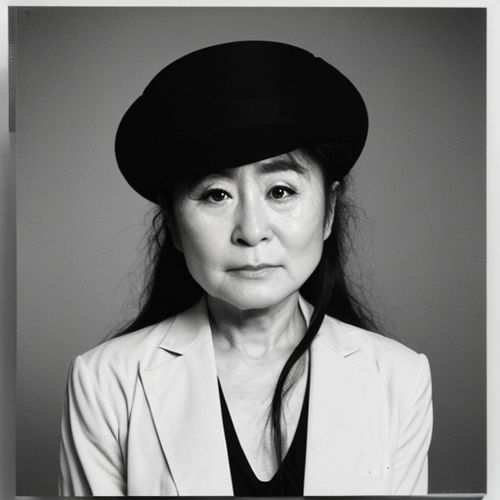
By Emily Johnson/Apr 16, 2025
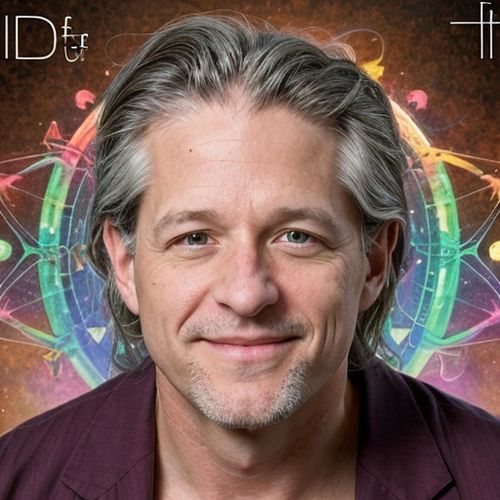
By Natalie Campbell/Apr 16, 2025

By Christopher Harris/Apr 16, 2025
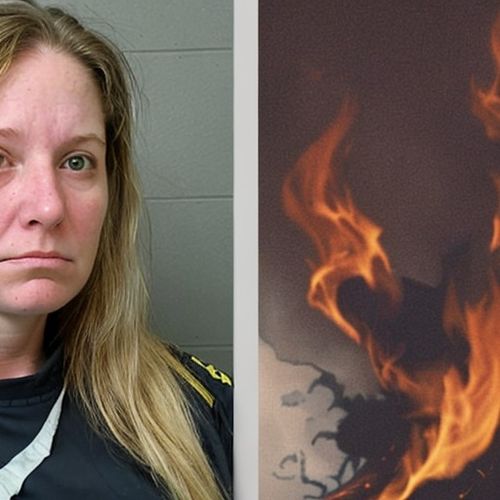
By Grace Cox/Apr 16, 2025

By Natalie Campbell/Apr 9, 2025
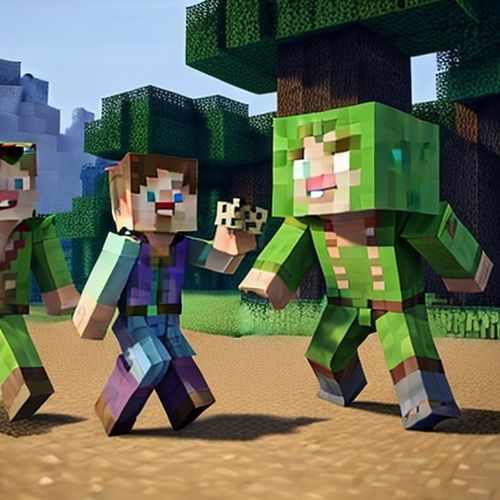
By Megan Clark/Apr 9, 2025
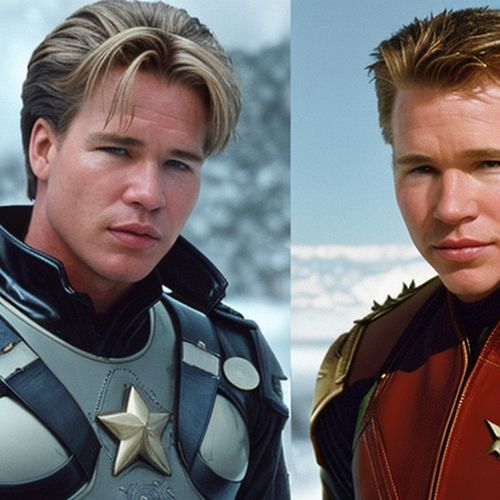
By Sophia Lewis/Apr 9, 2025

By Elizabeth Taylor/Apr 9, 2025

By Amanda Phillips/Apr 9, 2025
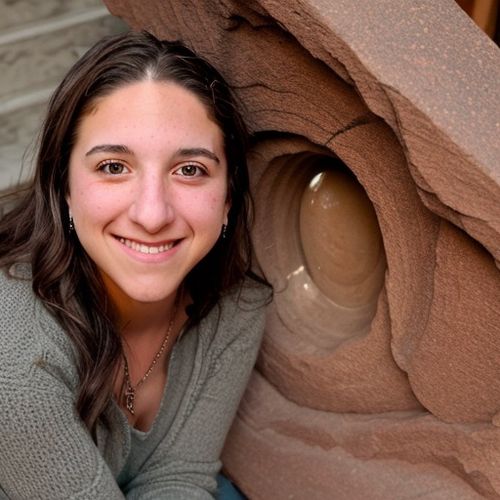
By Megan Clark/Apr 9, 2025

By Olivia Reed/Apr 9, 2025

By Jessica Lee/Apr 9, 2025

By Amanda Phillips/Apr 9, 2025
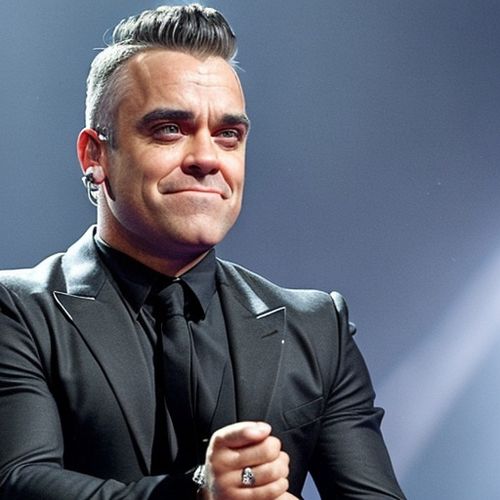
By Thomas Roberts/Apr 9, 2025